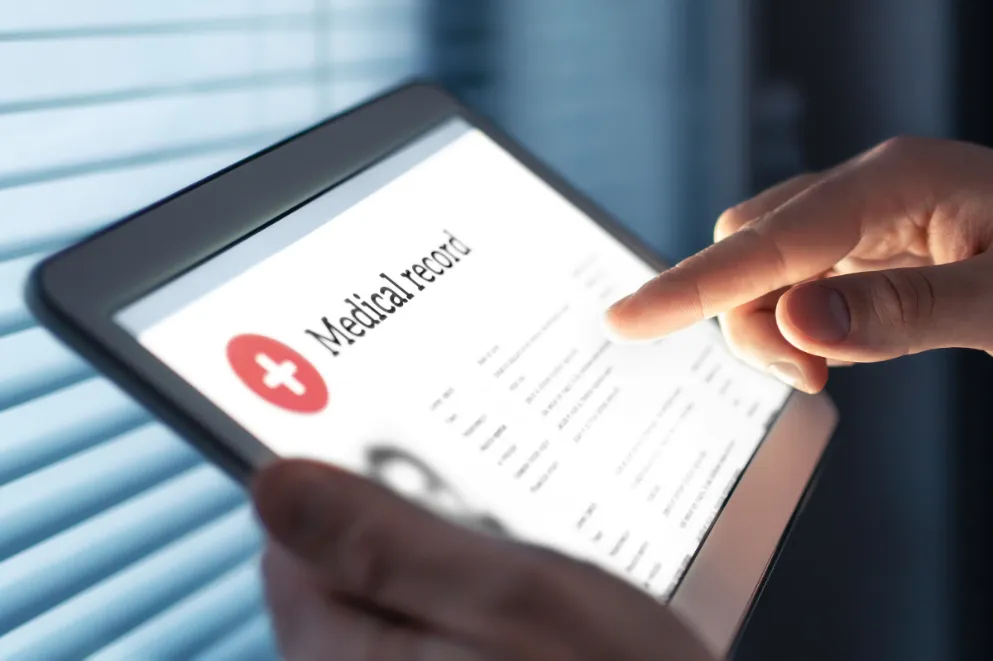One big plus of electronic health records is their top-level security. But we get it, security on the internet can feel scary, and you might wonder, "Is my info really safe?" Below, we'll delve into what EHRs are and how they impact your privacy.
What are Electronic Health Records (EHRs)?
An EHR is basically your medical history gone digital. It includes everything from diagnoses and medications to treatment plans, allergies, and lab results. EHRs make managing health info a breeze, and it's super easy for your doctor to share your data with other healthcare pros.
How Do EHR Systems Benefit Us?
EHR systems are game-changers for doctors and patients alike. For physicians, they can speed up diagnoses and make pesky administrative tasks—accounting for 30% of healthcare costs—a lot more manageable. For us patients, they give us a clearer picture of our health data, helping us understand what we need to work on.
Security and Privacy Concerns with EHRs
Like anything online, there are security concerns with EHRs. It's rare, but unauthorized access to medical records does happen. Even a few instances are enough to make some people wary. If sensitive info gets into the wrong hands, it can lead to identity theft, ruining finances, credit, and reputations. If a bunch of patients are affected, the healthcare practice could even face legal problems.
Ensuring Security and Privacy
Here are a few ways we can keep EHRs secure and private:
- Regular updates to policies and procedures and providing staff with in-depth privacy and security training to enhance administrative controls.
- Monitoring who has physical and system access. Systems should have a way to confirm user identity and prevent unauthorized access.
- Developing a plan for secure data disposal and making sure data is removed from reusable hardware.
- Using encryption (kind of like a secret code) to keep all data within medical files safe from prying eyes.
When companies that handle electronic health records follow these strict security and privacy guidelines, they can keep your sensitive info safe. They use data encryption and offer remote storage and data backup systems, adding another layer of protection against tech hiccups or natural disasters that could damage or delete files.
















